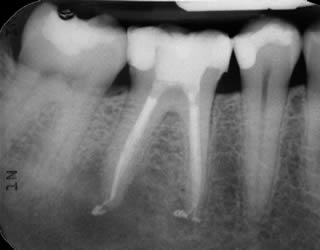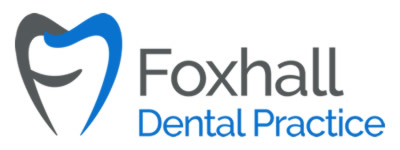Poor Oral Health Common In Athletes

Study shows that, despite brushing their teeth, many athletes suffer from tooth decay.
Athletics seems to be going through a popular stage with the relatively recently successes in both the Olympic and Paralympic games. Most of us probably admire the dedication and determination of these people who give up a relatively normal life to reach the peak of fitness in order to compete for medals.
We probably also presume that their lifestyle and diet is incredibly healthy too, so it may have come as a surprise to read that almost half of our top athletes have tooth decay, compared to around a third in the general population in that age group (reference 1 – BBC).
Many of us probably play some type of sport but don’t aspire to reach the top level, perhaps balancing a regular family life with a moderate amount of participation. Despite this, it is still worth taking a look at why top athletes have tooth decay to the extent that they do, in order to avoid the same pitfalls.
Good brushing
Before we move on to the more negative aspects of this report, it was found that nearly 95% of athletes brushed their teeth twice a day, compared to 75% of the general public. 44% also flossed their teeth, compared to 21% of the rest of us. There is no doubt that both brushing and flossing are essential for a healthy mouth, but it also indicates the extent of the problems caused by some of their other habits, especially as fewer also smoked and generally ate a healthier diet.
Performance enhancing supplements
It has been a common practice for many years for athletes to ‘top up’ on vitamins and minerals as these are easily lost during high intensity training and competition. Providing that this is medically monitored, this makes sense, and some vitamins and minerals such as Vitamin A, D and calcium are very important in the development and maintenance of healthy teeth.
Increasingly, many athletes and sports people are also adding high energy drinks and gels to their diet. Some of these are taken in the build up to a competition to make sure that sufficient energy is stored in their system. During longer events such as cycle races and half and full marathons, many athletes will use these drinks and gels to ensure that their energy levels don’t drop and cause a loss in performance during the event itself.
Many of these longer events also mean taking in lots of oxygen. This is usually done by breathing in through a relaxed mouth. While this enables the athlete to take in more oxygen, the flow of air over the teeth means that the mouth dries out much faster than usual. This allows some bacteria to increase, often creating problems such as tooth decay and gum disease.
How does this affect our Ipswich patients?
Most of you will probably be thinking ‘how does this affect me?’ It is true that in our day to day lives, most of us have no need to take on board high energy drinks, yet these are still very popular drinks as can be seen by the wide range available in our supermarkets. Although we may not be thinking of running a marathon, it isn’t uncommon to become tired during the day and feel that we need an energy boost to get us through it, especially if we have not slept well or have a physically demanding job. Of course, manufacturers also make sure that these drinks have a taste that is appealing or we probably wouldn’t drink as much as we do.
The reality is that most patients of the Foxhall Dental Practice have no need for this type of drink at all, and by using them, are putting their teeth at risk. The high sugar and acidity level in most of these drinks can be very destructive to teeth, eroding and damaging the enamel that protects our teeth. While top level athletes may feel that this is a risk worth taking for the rewards of a competition win, this isn’t the case for most of us. Drinking these during a local football game, for example, is unlikely to make much difference at all if you have eaten well before the game.
You are likely to need to take liquids on board during sport, or even generally on a hot day, such as those this Bank Holiday. For this purpose though, plain water is usually the best option. You may feel that you are starting to experience a drop in energy and need a sugary boost. The chances are though, that you are simply experiencing dehydration, and a drink of water will often see your energy levels start to rise again.
If you are a competitive sportsman and do take these supplements, it is worth considering whether you need to do this, or whether you could improve your diet so that you rely less on them. You may also wish to consider whether you should arrange to see one of our Ipswich dental team more regularly for an examination so that we can monitor the health of your teeth and gums and intervene early where necessary.
Whether you are a top athlete, or someone who does little more than walk to work, you still need to see your dentist regularly. To make an appointment to see one of our dentists, please call the Foxhall Dental Practice on 01473 258396.
